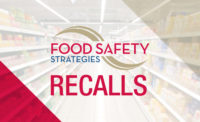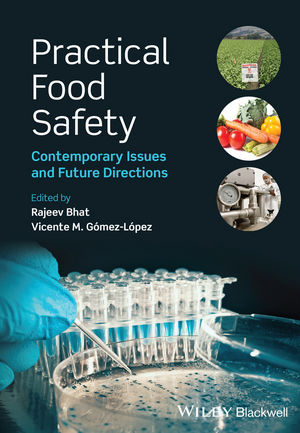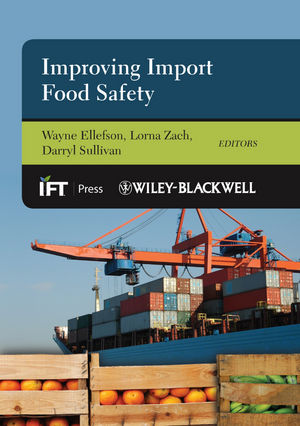U.S.-Canada Develop Protocol to Ensure Bilateral Trade in Event of Swine Fever Breakout in Feral Hogs

The U.S. Department of Agriculture’s (USDA) Animal and Plant Health Inspection Service (APHIS) and the Canadian Food Inspection Agency (CFIA) have enacted protocol to help ensure bilateral trade will continue if African swine fever (ASF) is detected in feral swine in either the U.S. or Canada, while still absent from domestic swine.
The intent of the protocol is to protect swine populations in both countries during an ASF outbreak in feral swine, while minimizing trade impact of life swine, swine products, and other swine commodities. If an ASF feral swine outbreak is detected, all trade between both countries would stop, at first. Then, according to protocol, trade would resume in three progressive phases, with reduced restrictions on life swine, swine germplasm, and untreated swine commodities.
Phase two of the protocol depends on how quickly both countries establish initial control areas, initiative surveillance/case findings removal in feral swine, and start surveillance in captive swine. During the third phase, trade restrictions will be reduced to the boundaries of the established control area.
APHIS and CFIA will continue to work with the industry to ensure that both countries have processes and procedures in place to fully implement the protocol.
USDA continues to work with many partners, including the swine industry, producers, other government entities, and neighboring countries, to keep ASF out of North America. However, officials say there need to be plans in place and incident management teams ready to go in case ASF does reach the United States. Find more information on ASF here.
Looking for a reprint of this article?
From high-res PDFs to custom plaques, order your copy today!








